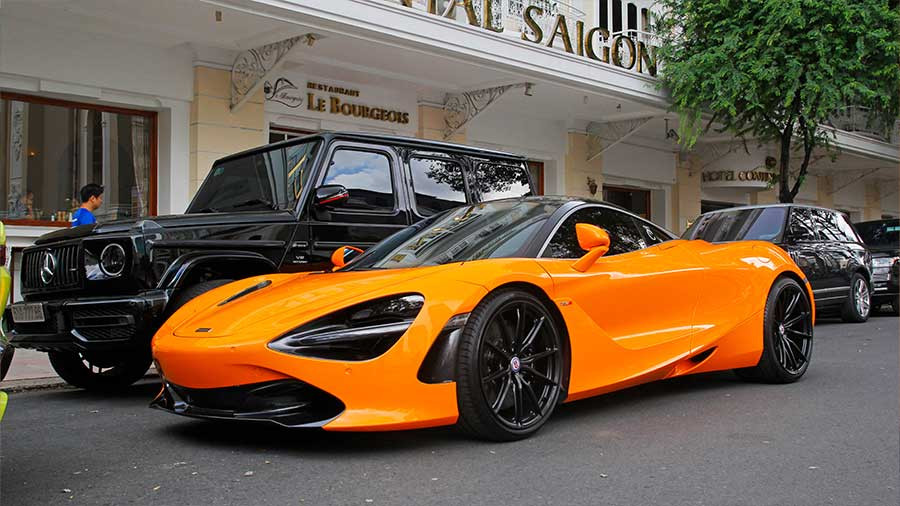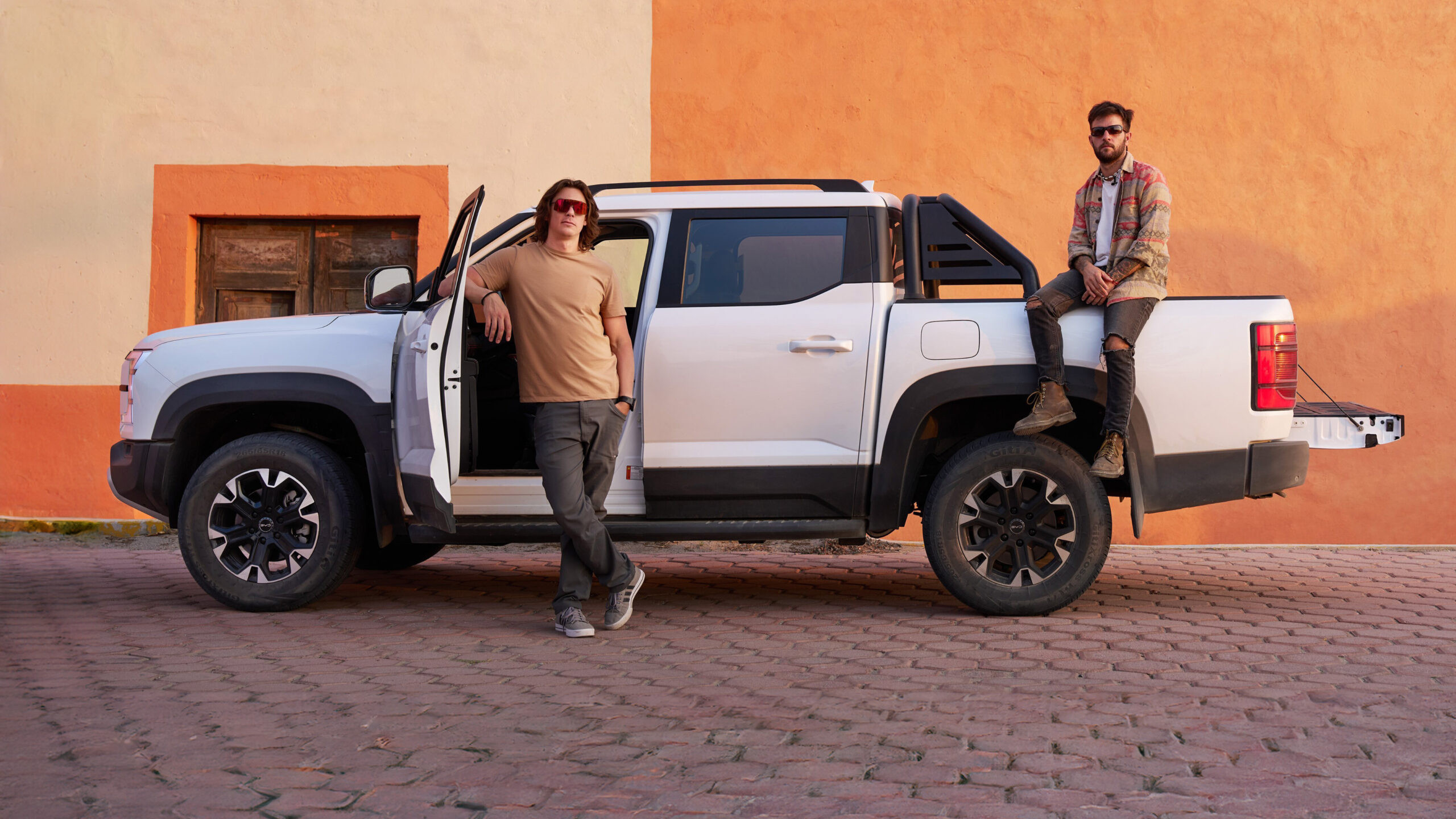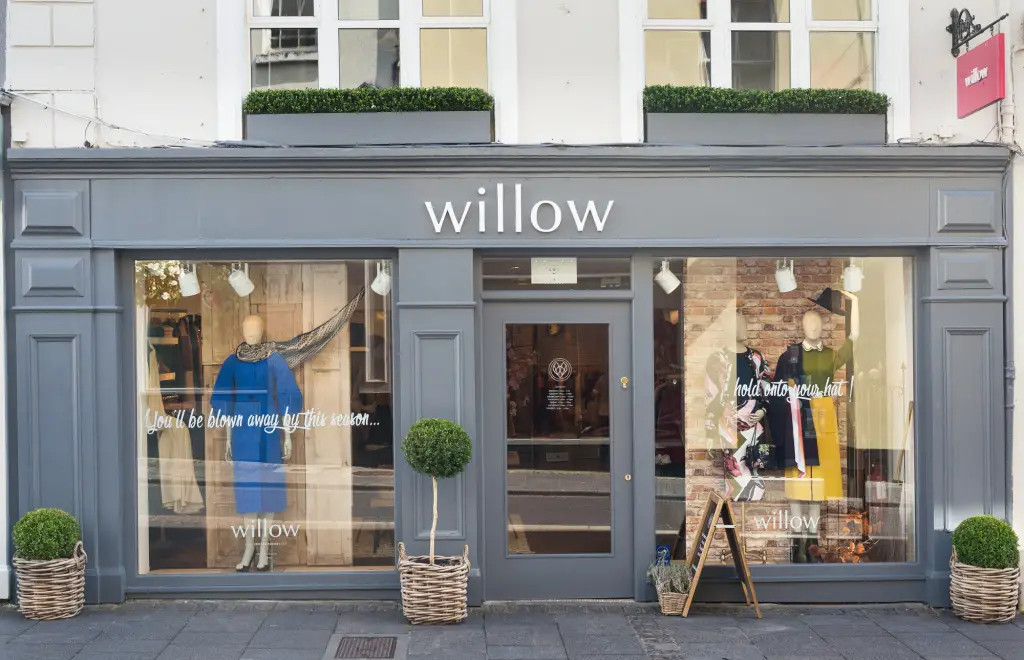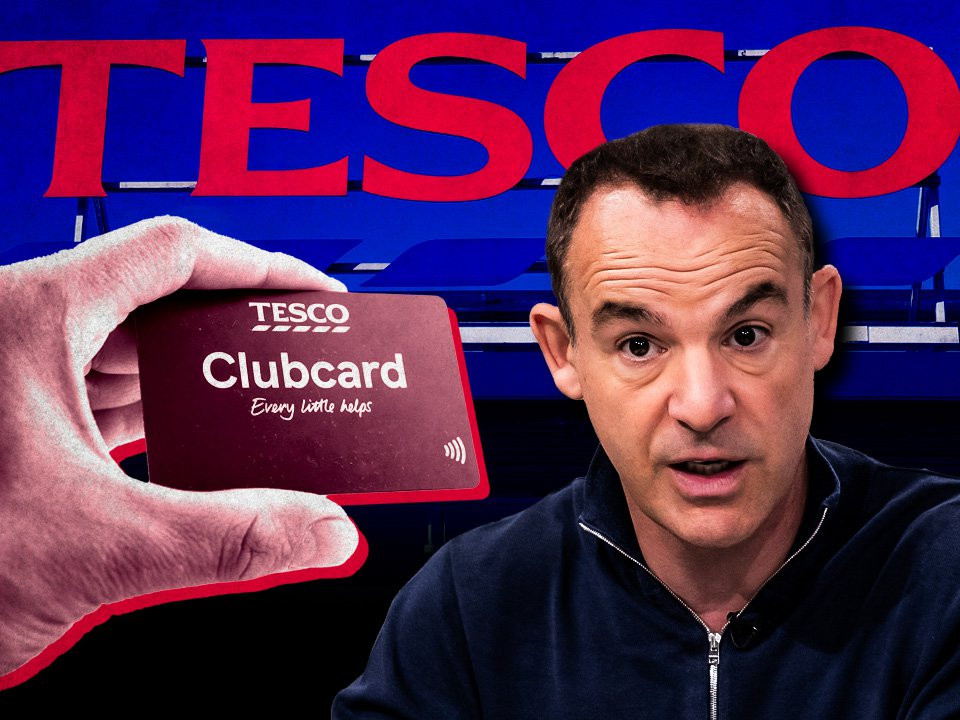A Glimpse into the Future of Luxury Cars: A Booming Market
The global luxury car market is experiencing a surge in demand, driven by a confluence of factors that are pushing the industry towards unprecedented growth. As disposable incomes rise and the allure of prestigious vehicles intensifies, luxury car manufacturers are poised to reap the benefits of this burgeoning market.
Key Factors Driving Luxury Car Market Growth
Several underlying trends are propelling the growth of the luxury car market, painting a picture of continued expansion in the years to come.
Rising Disposable Incomes
One of the most significant drivers of luxury car demand is the increase in global disposable income. This is particularly true in emerging economies, where rapid economic growth is translating into a growing middle class with greater purchasing power. As individuals have more money at their disposal, they are increasingly willing to invest in luxury goods and experiences, including high-end vehicles.
Shifting Consumer Preferences
Consumer preferences are also shifting towards premium and high-performance cars. The desire for prestige, comfort, and advanced technology is driving demand for luxury vehicles. This trend is fueled by social media and the increasing emphasis on personal branding, where owning a luxury car can serve as a status symbol.
Growing Demand for Advanced Technology
Luxury car manufacturers are constantly innovating, incorporating cutting-edge technology into their vehicles. Features like advanced driver-assistance systems, infotainment systems, and connected car technologies are becoming essential for luxury car buyers. The integration of these technologies enhances the driving experience and increases the perceived value of these vehicles.
Market Segmentation: Uncovering the Different Categories
The luxury car market is diverse, encompassing a wide range of vehicle types and price points. The market can be segmented based on various criteria, such as vehicle type (sedans, SUVs, sports cars), engine type (petrol, diesel, electric), and price range.
Segmentation by Vehicle Type
- Sedans: This category remains popular, with manufacturers offering a wide range of models that cater to different tastes and budgets.
- SUVs: SUVs have gained immense popularity in recent years due to their versatility, spacious interiors, and commanding road presence. The demand for SUVs is expected to continue its upward trajectory in the coming years.
- Sports Cars: Sports cars continue to hold a niche but loyal following, attracting buyers seeking high performance and exhilarating driving experiences.
Segmentation by Engine Type
- Petrol: Petrol-powered engines remain the dominant option in the luxury car market.
- Diesel: Diesel engines are popular in some regions due to their fuel efficiency, but their popularity has declined due to environmental concerns.
- Electric: The electric vehicle (EV) segment is rapidly gaining traction in the luxury car market.
Major Players Shaping the Market
The luxury car market is dominated by a few established players, each with its own unique brand identity and product portfolio. These players are constantly innovating and vying for market share.
The Big Names
Some of the key players in the luxury car market include:
- BMW: Known for its performance and technology, BMW has consistently ranked among the top luxury car brands globally.
- Mercedes-Benz: Mercedes-Benz is synonymous with luxury and engineering excellence.
- Audi: Audi has established itself as a strong competitor in the luxury car market, known for its sleek designs and advanced technology.
- Porsche: Porsche is renowned for its high-performance sports cars.
- Lexus: Lexus is Toyota's luxury brand, known for its reliability and innovative features.
Market Outlook: A Promising Future
The global luxury car market is expected to continue its upward trajectory in the coming years. Several factors, such as rising disposable incomes, changing consumer preferences, and technological advancements, are poised to drive growth in this segment.
Projected Growth and Future Trends
According to market research reports, the global luxury car market is projected to reach a significant value by 2030. The market is expected to grow at a substantial compound annual growth rate (CAGR). Several trends will shape the future of the luxury car market:
- Increased Electrification: Electric vehicles are rapidly gaining popularity in the luxury car market.
- Advanced Driver-Assistance Systems: Self-driving and semi-autonomous features will become increasingly common in luxury vehicles.
- Sustainable Materials: Luxury car manufacturers are focusing on sustainability by incorporating recycled materials and reducing their environmental impact.
The Future of Luxury: A Shift Towards Sustainability
The future of luxury is increasingly intertwined with sustainability. Consumers are becoming more conscious of environmental concerns, and luxury car manufacturers are responding by introducing sustainable solutions.
Embracing a Greener Future
Luxury car brands are incorporating sustainable practices throughout their operations, from using renewable energy sources to reducing their carbon footprint. They are also investing in developing electric and hybrid vehicles to meet the growing demand for sustainable transportation.
The luxury car market is evolving, reflecting the changing needs and desires of consumers. As disposable incomes rise, consumer preferences shift, and technology advances, the market is expected to continue its growth trajectory. While the future holds both opportunities and challenges for the industry, the focus on sustainability is likely to become increasingly important, shaping the luxury car landscape in the years to come.


















